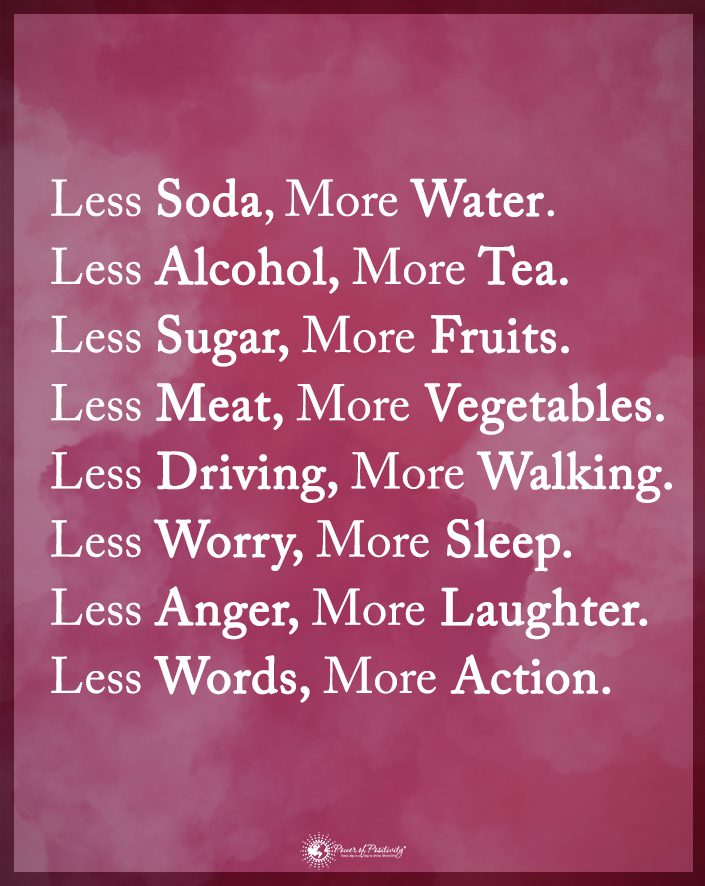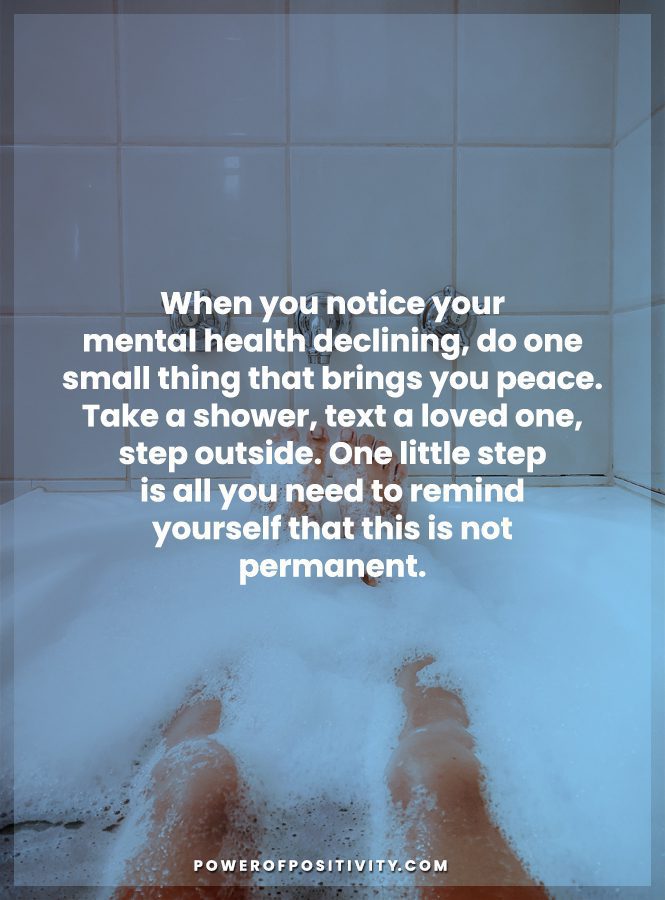We want to think of ourselves in control of our lives, but the reality is, we aren’t. We can take action to move us in the right direction, and we can do everything according to plan and yet problems happen that will have us questioning everything around us.
The only thing we have the ability to control is our reaction to the events of our day, whether expected or unexpected. And the best way to control our reaction is to put things into perspective by asking these 15 questions when problems occur.
Remember These 15 Questions When Dealing With Problems
1 – Did you try your best to solve the problem?
When things go against the plan, the first person you tend to blame is yourself. If you can say you put forth your best effort, then most likely there are other factors in play. Don’t blame yourself needlessly.
2 – If you had the same information, would you make the same choice?
Your responsibility is to make the best choices with the information you have at the time. As long as you are doing that, you are doing our part. When a problem arises, new information is available and it is up to you to make the best choice under these new circumstances.
3 – Would you rather do things right, or do the right things?
Plans change, and information changes and that means doing the right thing might change too. Don’t stick to a list of things to do just because it is the original plan. Challenge the plan when better opportunities make themselves available.
4 – What do success and failure mean to you?
Success means different things to different people. It is up to you to understand what it means to you. Don’t base the wins you achieve and the challenges you encounter on someone else’s ideas of success or failure.
5 – Are you asking enough questions?
It is easy to think we know things. In fact, we don’t know what we don’t know. And the only way to learn is to ask questions. Ask questions, until you see the completed vision and each of the steps needed to get there clearly in your mind.
6 – Five years from now will this problem matter?
This is a great question to put things into perspective. Often in the midst of problems, the problem itself takes on a life of its own. Remember, it is not the problem or the challenge that you should be focusing on, it’s the solution.
7 – If you had to explain this problem to a large group of people, what would you say?
Sometimes, stepping out of the problem and presenting it in a logical way will help you get past the emotion of the moment and see possible solutions.
8 – Would you allow a stranger to speak to you the way you are speaking to you right now?
Probably not. Hold yourself to a higher standard when speaking to yourself. If you can’t be kind to yourself, how can you be kind to others?
9 – What are you holding onto that you need to let go?
Many times your reaction, or over-reaction, to problems and challenges come from some other issue in your past. Evaluate whether this problem is really the cause of your reaction or is the reaction coming from somewhere else?
10 – Do you surround yourself with unnecessary things?
Life is complicated enough without finding ways to add to it. Simplifying your life and eliminating unnecessary things, makes it easier to handle challenges and move through them.
11 – Would you rather worry or act?
Here’s the thing, worrying prevents action and action solves problems. Have you ever solved a problem by worrying? When you find yourself worrying, change your thoughts of worry into thoughts of action and then do something. The simple act of doing will help bring more clarity.
12 – If you left this life tomorrow, how would you be remembered?
When you take action to solve a problem or simply to enjoy life, is it the action that will make you proud. We have all been in situations where our reactions to problems have brought out behaviors that do not show us in the best light. Before acting, make sure you are okay with being remembered for that action.
13 – What makes you happy?
Sometimes stepping away from a problem and doing something for pure pleasure can help bring perspective and ideas to a challenge. It is important to foster your happy self so you can do your best work.
14 – What gives your life meaning?
This is different than the happy question; this is more about what work makes you proud. Do the challenges you are encountering right now support your life’s meaning? If not, don’t treat them like they do.
15 – What is the worst that can happen?
This is the best question of all time. Seriously, what is the worst that can happen? Chances are the worst that can happen will end up not happening at all.
Most of these questions are designed to help put problems and challenges into perspective. It is your perspective that makes the issue bigger than it is and allows your emotions to get attached. When you put the problem into perspective, you can figure out the best next steps. The goal is to keep questioning.











